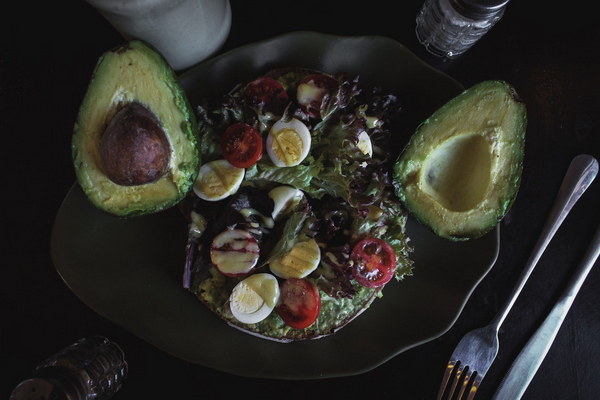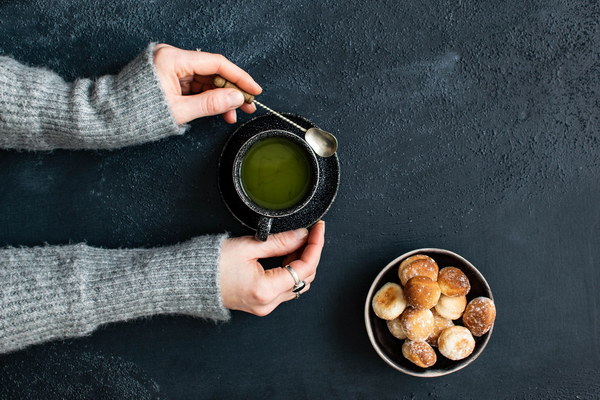Do You Need to Take Gastric Protective Medication Along with Liver Protection Drugs
In today's fast-paced world, it is not uncommon for individuals to suffer from liver-related health issues due to poor lifestyle choices, such as excessive alcohol consumption, unhealthy diets, and lack of exercise. Consequently, many people turn to liver protection drugs to alleviate their symptoms and improve their liver health. However, a common question arises: Do you need to take gastric protective medication along with liver protection drugs? This article aims to shed light on this topic and provide you with valuable insights.
Firstly, it is essential to understand the primary functions of both liver protection drugs and gastric protective medications.

Liver protection drugs are designed to safeguard the liver from further damage and promote liver regeneration. They can help in reducing liver inflammation, reversing liver fibrosis, and improving overall liver function. Commonly prescribed liver protection drugs include silymarin, milk thistle, and ursodeoxycholic acid.
On the other hand, gastric protective medications are formulated to protect the stomach lining from damage, reduce acid production, and alleviate symptoms such as heartburn, indigestion, and stomach ulcers. Medications like proton pump inhibitors (PPIs) and histamine receptor antagonists (H2 blockers) are commonly used for this purpose.
Now, let's delve into the question at hand: Do you need to take gastric protective medication along with liver protection drugs?
The answer depends on several factors, including the underlying cause of your liver condition, the specific medications you are taking, and your overall health status.
1. Underlying cause: If your liver condition is primarily due to alcohol consumption or non-alcoholic fatty liver disease (NAFLD), you may not necessarily require gastric protective medication. However, if your liver disease is caused by chronic hepatitis or other inflammatory conditions, there is a higher chance that you may experience stomach discomfort. In such cases, consulting with your healthcare provider is crucial to determine if gastric protective medication is necessary.
2. Specific medications: Some liver protection drugs can cause gastrointestinal side effects, such as nausea, vomiting, or stomach pain. If you are experiencing these symptoms while taking your liver medication, your healthcare provider may prescribe a gastric protective medication to alleviate these side effects.
3. Overall health status: If you have a history of gastrointestinal issues, such as stomach ulcers or acid reflux, it is essential to discuss this with your healthcare provider. They can evaluate your condition and decide whether to prescribe gastric protective medication in conjunction with your liver protection drugs.
It is important to note that combining these medications should only be done under the supervision of a healthcare professional. They can ensure that the potential benefits outweigh the risks and that the medications are used appropriately.
In summary, whether or not you need to take gastric protective medication along with liver protection drugs depends on various factors, including the underlying cause of your liver condition, the specific medications you are taking, and your overall health status. It is crucial to consult with your healthcare provider to determine the best treatment plan for you.
Remember, maintaining a healthy lifestyle, including a balanced diet, regular exercise, and avoiding excessive alcohol consumption, is the cornerstone of liver health. By addressing both liver and gastrointestinal issues, you can achieve better overall health and well-being.









